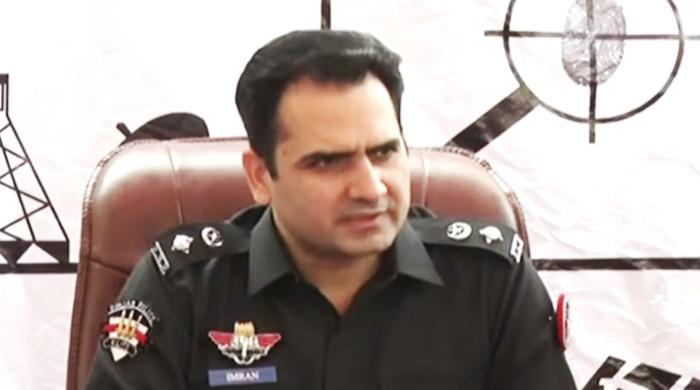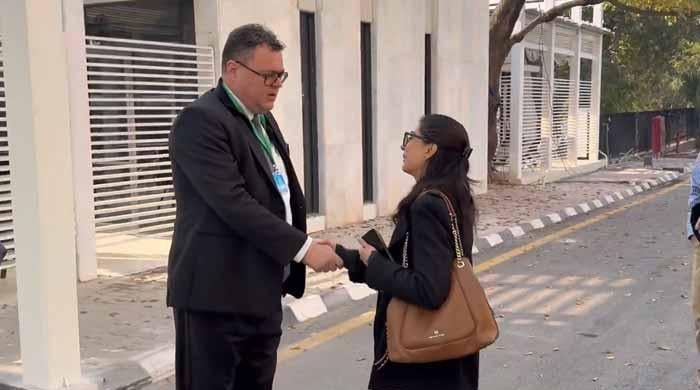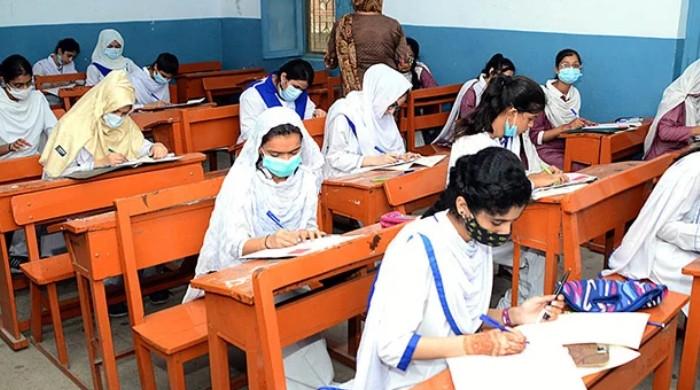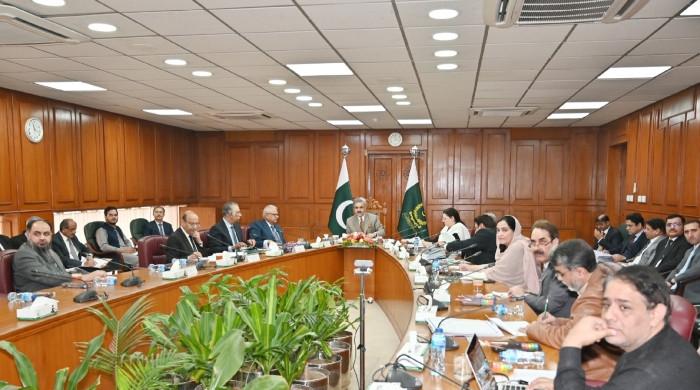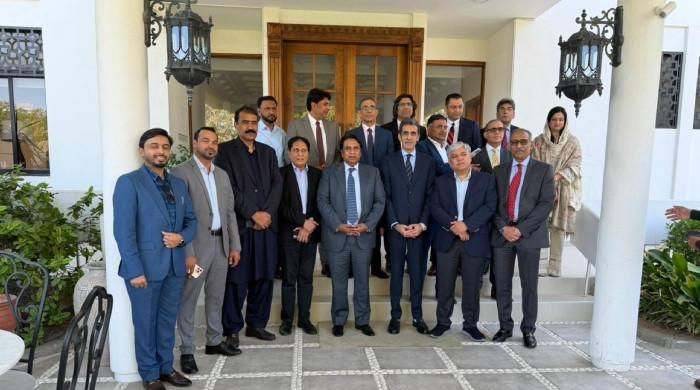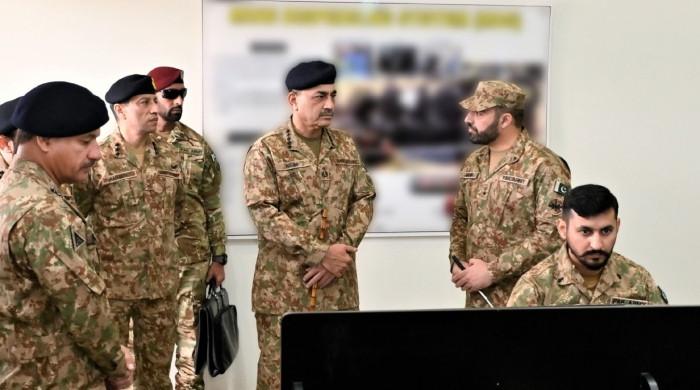'South Asia and Colour Line': experts hold discussions regarding race
Dr Naqvi terms white supremacism a threat to humanity
March 25, 2022
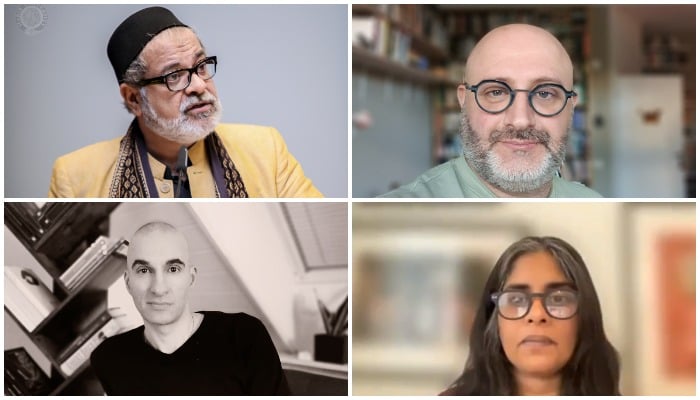
- Dr Naqvi terms white supremacism a threat to humanity.
- Professor Arshin shows how racism has become a science.
- Professor Shankar sheds light on how mobilities of Africans and South Asians, and their globalised spaces are unparalleled.
Whiteness, it appears, runs through the global modern era in ways visible and invisible to shape discourse, imagination and power everywhere to the considerable detriment of not just human society, but planetary futures, said Dr Nauman Naqvi, the conference chair, during the fifth edition of Habib University’s flagship intellectual conference.
The conference named "South Asia and the Colour Line” took place on March 25 (today). One of the sessions was called “Exploring Race in Power and Governmentality”.
Establishing the goal of the conference this year, Dr Naqvi said: “Our aim is to motivate reflection on the regional manifestations of a key feature of the modern world – both in its making and in its presenting – a key feature of the modern order: race.”
Terming white supremacism as a threat to humanity, he said that “white supremacism is no doubt, the most intensive and extensive form of collective narcissism in human history.”
The keynote speaker of the panel, Professor Arshin Adib-Moghaddam, showed how racism has become a science. “The concept of the white man was developed and then turned into a science for many ways of subjugation,” said Professor Arshin.
Emphasising the role of technology that has both positive and disastrous effects in its nefarious purposes, Professor Arshin said “we need a global movement that requires local manifestations and AI (Artificial Intelligence) driven technology through ethical means.”
The second session titled “Whiteness and Postcolonial Nationalism” started off with Professor at the Department of History, Stony Brook University, USA, Shobana Shankar proposing that a history of whiteness must include the intimate and complex relationship between Africans and Africa, and South Asians and South Asia.
“This relationship is often but not always unfolding ad transformed in the presence or shadow of Europeans, but this is Afro South Asian relationship also informed European’s ideas of others and themselves,” said Shankar while shedding light on how the mobilities of Africans and South Asians, and their globalised spaces are unparalleled.
“Race, of course, is an idea, not a fact. It is not a biological difference but a constructed and reconstructed form of difference that includes a set of shifting discourses and practices of human difference,” she said.
Later, Dr Behzad Khosravi Noori delved into “how much one could make the notion of whiteness within the transnational form of identification more complex.” He attempted to navigate the relationship between different ideas of whiteness and the idea of Aryanism and the effect of the notion of a concept of Aryanism in Persia/Iran.
“There is some sort of internalisation of the idea of Aryanism and Blackness within Iranian society and Iranian political mentality, and I try to navigate where it is from and how we could find it false,” he said.
The first session featured Professor Arshin Adib-Moghaddam, Professor in Global Thought and Comparative Philosophies at SOAS, University of London, and Fellow of Hughes Hall, University of Cambridge, UK, as a keynote speaker along with Dr Chandra Mallampali, Professor of History at Westmont College, USA.
Dr Muhammad Haris, Assistant Dean of the School of Arts, Humanities and Social Sciences, and Program Director of Comparative Humanities featured as the discussant in the session with Dr Naqvi.
The second session featured Assistant Professor of Practice in the Communication and Design programme at Habib University, Behzad Khosravi Noori, as panelists. Najeeb Jan, Associate Professor in the Comparative Humanities programme at Habib University, moderated the session with Dr Naqvi, conference chair, as discussant.




